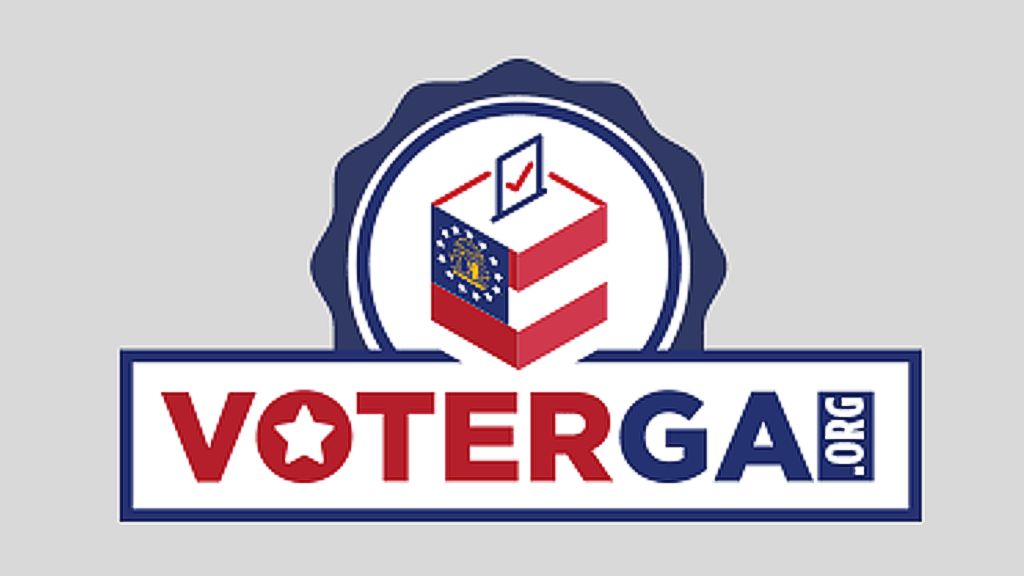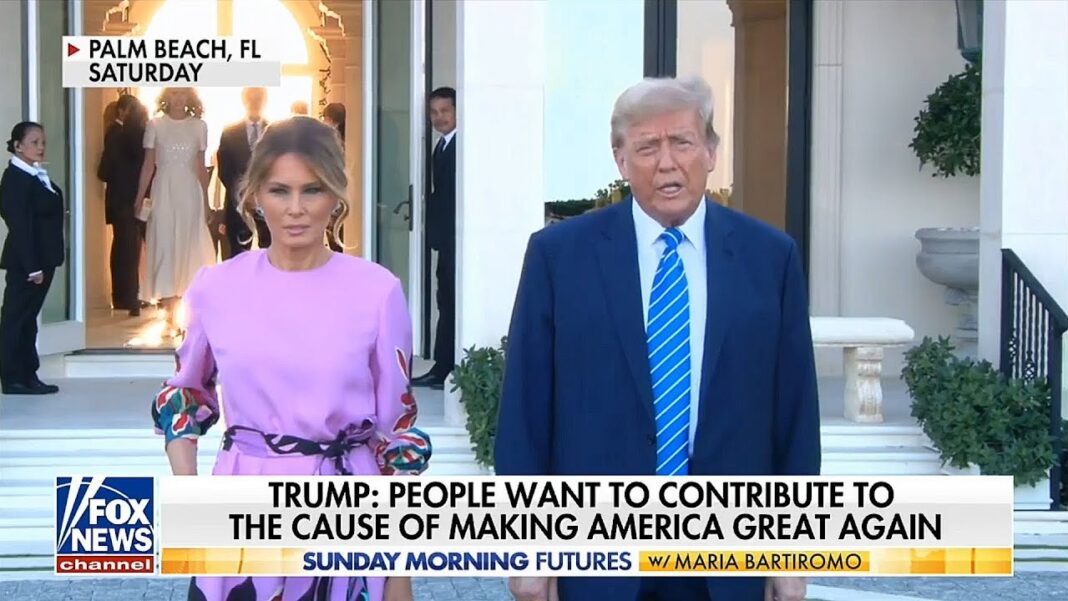‘We formally reject WHO and any of these international organizations,’ Florida Gov. Ron DeSantis said.
As the deadline approaches for the 194 member nations of the World Health Organization (WHO) to sign agreements granting broad new powers to this U.N. subsidiary, its advocates are turning up the heat on member countries to get on board, despite growing resistance to the deal.
On March 20, WHO Ambassador and former UK Prime Minister Gordon Brown hailed a campaign by a “100+ pantheon of global leaders” urging member nations to sign.
“A high-powered intervention by 23 former national Presidents, 22 former Prime Ministers, a former UN General Secretary, and 3 Nobel Laureates is being made today to press for an urgent agreement from international negotiators on a Pandemic Accord, under the Constitution of the World Health Organization, to bolster the world’s collective preparedness and response to future pandemics,” stated a press release from the office of Gordon and Sarah Brown.
The WHO ambassador also called for worldwide action to “expose fake news disinformation campaigns by conspiracy theorists trying to torpedo international agreement for the Pandemic Accord.”
At stake is a new global medical treaty, as well as amendments to existing International Health Regulations (IHRs), which together would make the WHO the central authority during pandemics and other WHO-declared health crises, while sending tens of billions of dollars to this UN subsidiary. Critics say the WHO has studiously avoided calling the agreement a treaty because treaties typically require approval from national legislatures, and in the case of the United States by two-thirds of the Senate.
What has instead been deemed the Pandemic Agreement or Pandemic Accord, together with amendments to the IHRs, is scheduled to be approved in Geneva, Switzerland, at the World Health Assembly’s annual meeting on May 27–June 1.
On March 18, more than 80 ministers and church organizations added their voices to the “pantheon,” telling delegates from member countries that “reaching an agreement that ensures that everyone, everywhere can benefit from scientific advancement” was a moral obligation.
Tying the signing of WHO agreements to religious calendars, their letter stated that the gathering of WHO delegates “commences as Muslims observe the holy month of Ramadan … when the second week of negotiations begins, Hindus will mark Holi … Christians will be observing lent, and you will conclude on Good Friday … the text of the Pandemic Accord will be finalised during Passover … and the Accord is due to be signed at the World Health Assembly just after Buddhists celebrate Vesak.”






